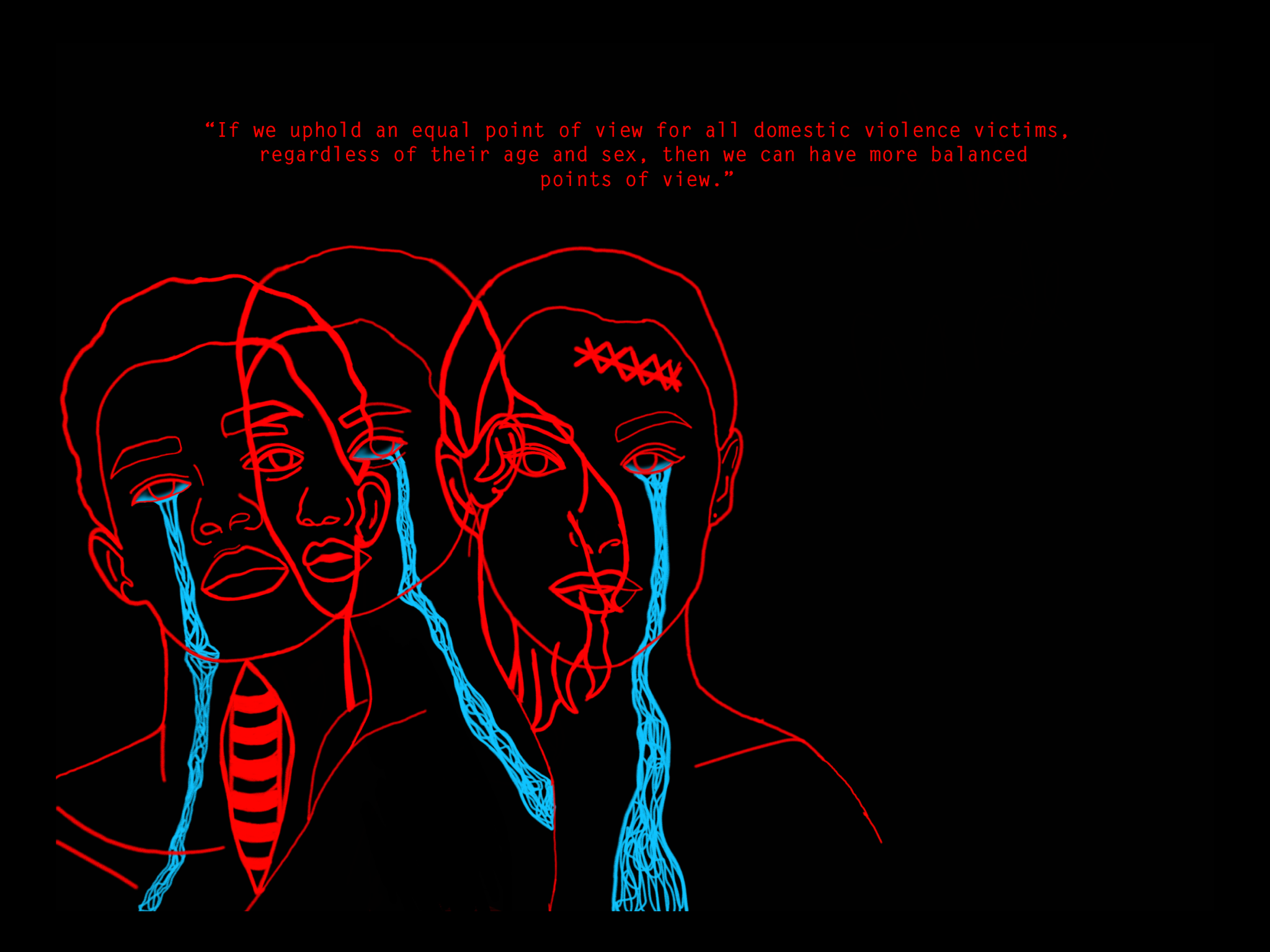To those of you reading this, the possibility of you reading this in a safe house, having a stable supply of food and water and a decent internet connection to keep in touch with the outside world is pretty high.
You most likely want to be released from this lockdown to meet the ones you missed and enjoy your summer vacation.However, to some, getting out of the house is a requirement for their lives.
Time and time again, we see that with any catastrophic event, the ones that are affected the worst are the ones who are vulnerable, be it financially, emotionally, or physically. Daily wage workers, people with mental or physical health problems, and those that live in unstable households lead an ineffably erratic life. They are uncertain about their wellbeing and their future. With the lockdown that has been scheduled to run for 40 days (at the time of writing this), we have observed the economy of India hold its breath. Economists predict an economic nightmare; the rich and affluent are probably cooped up in their offices wondering how to financially recover from this small hiccup in their salary and get their business on track. That being said, who’s listening to the ones that are cooped up in their houses, praying for some form of relief from their abusive spouse? Who’s comforting them as they weep tears of silent despair?
Every time I open a newspaper, I see an article of a person subject to this form of gender violence. India has bared a population where rape, sexual harassment, female infanticide and so much more has tortured those that are innocent. Now, when the only option for those vulnerable has no choice but to remain in their houses, it is only predictable to see an influx in the cases of domestic violence. Reports by Al Jazeera and the UNFPA show that the number of documented cases is much higher than usual. To be specific, we see 587 complaints in a period of 25 days; a significant increase from 396 in the 25 days before the lockdown. Addicts of alcohol and tobacco now suffer from withdrawal symptoms and for those that choose aggression to be their coping mechanism, the ones around the addict are in grave danger.
I think we all know that it would be blatant ignorance of human rights if the government had chosen not to do anything. That’s why, under the supervision of India’s National Commission for Women, there have been several initiatives carried out. Firstly, we see camps set out for the safety of victims. Then, in an attempt to use the development of information technology, the government has created an email address and a WhatsApp number for those that are abused and can file a complaint from anywhere across India. Lastly, the implementation of 24/7 call centers to file complaints regardless of the time and day.
To those reading this, if you’re under the impression that these are solid plans of action and our beloved government is doing whatever they can to make up for the security of those that are vulnerable, you are mistaken. Here’s why. First things first. The shelter homes have a high risk of being overcrowded and unhygienic. If someone is being abused, why should the victim go to a place of higher risk to the pandemic? I feel that it is only just for abusers with complaints filed that should be sent to rehabilitation centers. I mean, I preach the law. The Indian Domestic Violence Act, to be precise. Sadly, that isn’t going to happen. Why? Two reasons. It’s because of the mentality of the people. A staggering 52% of women and 42% of men feel that domestic violence is justified and believe it cannot be considered illegal. That is a HUGE number. If people don’t think of it as a violation, it won’t even be reported or filed against.
Even after the various added means of communication and the wave of information and awareness on the issue, the problem of undocumented domestic abuse and gender violence is amplified several folds due to the lockdown. The issue of network connectivity, fear, and even the affordability of a connection are huge factors to be considered. The nation lies in this limbo, where those who need help have no means to get it. In my opinion, the government needs to utilize more of its administrative forces. Police officers need to be stationed in every district and should be reachable. Next, these forces need to be trained to know how to handle these situations. In the anecdotes provided to us by news agencies on this issue, victims were shoo-ed away by the police. “Go deal with it at home.”. Lastly, under the provision of the Domestic Violence Act and in collaboration with the INCW should either provide adequate spacing and facilities for the comfort and safety of the victims in these shelters or force the abusers to be confined to these shelters.
Lastly, my final call of action is to educate people about their rights. If the people don’t know what their legal status allows them to do, we cannot see the development of legal institutions and SDG-16 of the UNDP, which India recognizes, by the way, would be practically baseless and void of meaning. We, people of India stand up for the ones that go through adversity, and as responsible citizens, we defend the human condition.
So, to wrap up this rant, we see the cycle of suffering and anguish. We see our government’s inability to cover for those who are vulnerable and those who need support. Though the lockdown feels like jail time to us, we see that there are some of us out there, sticking out for their safety and are at huge risks. We see that regardless of the effort we put into inculcating gender equality and the peaceful coexistence of the sexes, it all falls apart when put in a period of unstructured time. We see a cycle of abuse and suffering, fuelled by addiction and poverty. Lastly, we see a cycle of inconsideration and borderline ignorance for those who need it. Before I lose your attention, I want to make it clear that I have not specified sexes in terms of pronouns because gender-based violence, though closely related to violence against women, is not a matter of only one gender. If we uphold an equal point of view for all victims, regardless of age and sex, we can create more balanced points of view.


